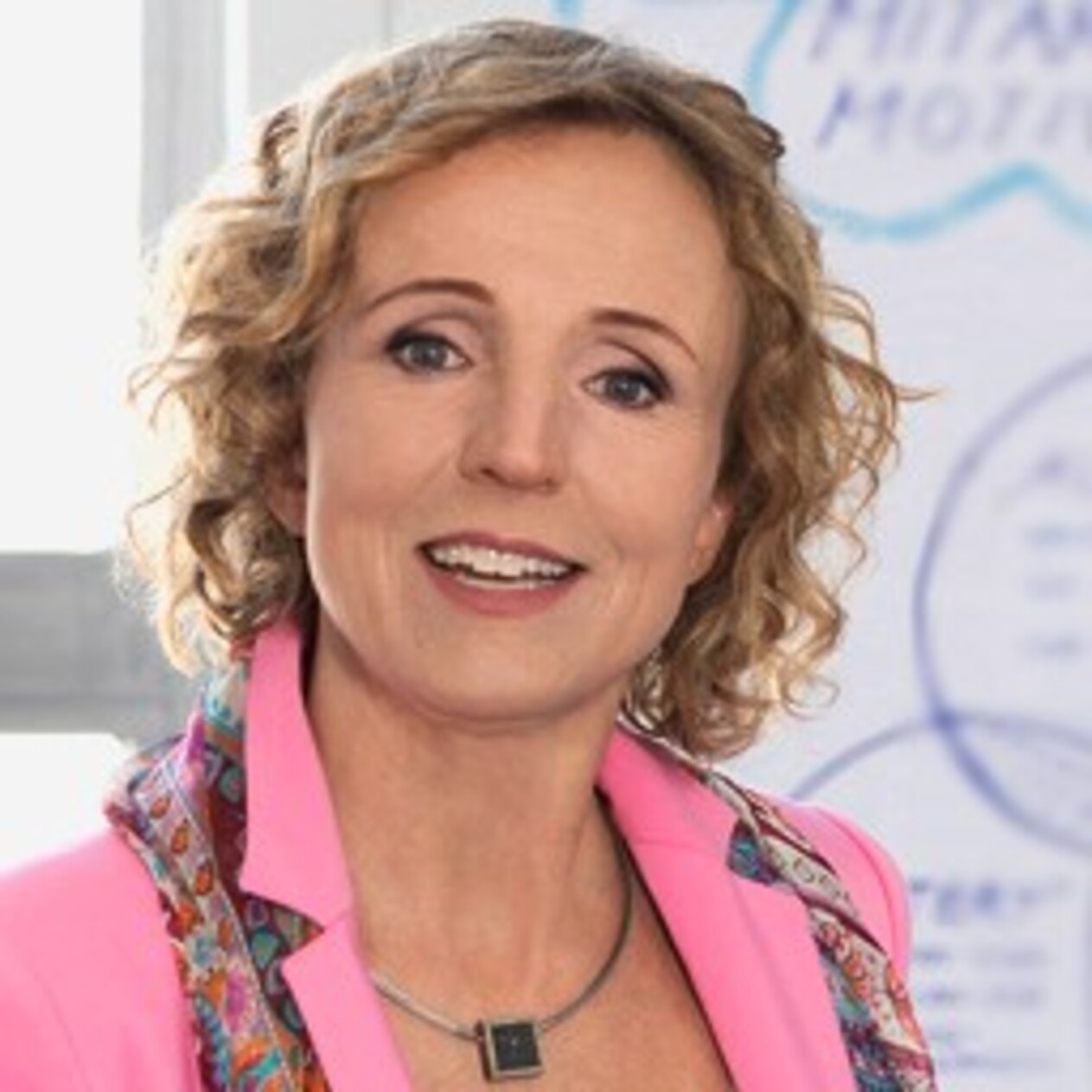
Home Office – The New "Normal"?
The COVID-19 pandemic demanded a lot from us, but it also had its good sides. It accelerated digitalization at an unprecedented speed and showed that working from home often works much better than many previously thought. However, it also showed that working from home, especially remote teamwork, certainly brings challenges. Verena Pankoke is a systemic organizational developer and expert in work culture. With her company next office design, she regularly advises companies on remote work. We asked her about the advantages and disadvantages of remote work and gained interesting insights into the work world of tomorrow.

What positive effect does giving employees maximum freedom have?
Many people enjoy the freedoms that come with working from home. Those who have enough internal structure and can complete tasks well without an external framework clearly benefit from the "Remote Work" model. These individuals feel more balanced and productive. They are pleased about the greater autonomy that they are now finally allowed to take on. This is one of the reasons why many employees insist on continuing with home office work and can no longer imagine taking on a "regular on-site job.
What are the downsides when everyone enjoys maximum flexibility?
In the past 1.5 years, we have experienced how much we miss everyday contact with colleagues. Who would have thought they would miss the office grapevine? According to Gerald Hüther, one of the most well-known brain researchers, people want to feel a sense of belonging. However, this sense of belonging suffers when there is no more casual communication. Therefore, flexibility should have its limits: Mandatory team days and regular company events help everyone develop a better sense of each other again. This is essential for good cooperation and cohesion. The frequency of these events can and should be discussed. In case of doubt, it helps to simply try out different intervals.
What is the biggest "learning" from the pandemic period regarding the flexibilization of working hours and location?
Overall, the flexibility has worked out much better than most supervisors expected. At the same time, it has also become clear that it is not for everyone. Not everyone can work from home. Not everyone can create their own structure. There are employees who require precise work orders at a fixed location and within a recurring time frame. These people want to close the workday behind the office door. A major learning from the pandemic is therefore that the ideal of self-determined work does not suit everyone. Home office and remote work should therefore always remain a freely selectable option.
Keyword "presence myth." One of the biggest challenges for supervisors is to assess the performance of employees in the home office. How can this challenge be addressed?
Work should be assessed based on tasks, not presence. This is why I also refer to the presence illusion, which (unfortunately still) prevails in many management offices.
What might an assignment-related assessment look like exactly?
Decision-makers who think this issue through consistently cannot avoid a cultural change. A change towards more trust and active delegation of responsibility. A good example of this is companies that work agilely. There, teams collaboratively consider which goals can be achieved within what time frame. In relatively short time spans, generally between two and three weeks, the teams themselves check how well they actually achieved their goals. But also how they might do even better in the next round. The extremely positive "side effect": This eliminates the often toxic micro-management, and leaders can work on the company instead of in it. When it comes to performance, it's essentially about whether you want a specific service delivered quickly, cost-effectively, or at high quality. You can choose two attributes, but not all three together. This applies in the agile world as well as in classic project management.
It is often claimed: For innovations to arise, exchange among employees is necessary. Is that true and if so, how can we ensure that innovation does not suffer?
In fact, innovation is fostered by presence. Many crucial innovations have arisen from fortunate coincidences, a chance encounter, or a casual remark among colleagues. However, innovation also requires internal and external space. A culture of general appreciation and psychological safety. Am I afraid of making mistakes? Do I have to be ashamed in front of colleagues and managers if I say something "stupid"? Those who do not dare to question supposed certainties will also not find new solutions. Research is unthinkable without a sense of playfulness, as we also know from brain research. Providing this mental space is even more important than the question of presence.
To ensure innovation succeeds virtually as well, considerable efforts must be made: It seems there are companies where innovation works virtually in very specific and creative workshop formats - professionally moderated. However, since we advocate for a balanced remote strategy, we recommend our clients to undertake creative and innovation-related work in shared spaces.
One often hears the argument: Employees who mainly work from home do not identify sufficiently with the company and resign faster. What do you say to that?
Preventing "detachment" (emotional disengagement from the employer) is one of the major leadership tasks in virtual teams. When interpersonal contact thins out, this danger becomes quite real. This is also one reason why we recommend hybrid work models to our clients.
In order to prevent detachment, unequivocal, regular, and explicitly appreciative communication is necessary at all levels. Moreover, there should be more frequent conversations conducted over distance, consciously including personal topics. We are all social beings and wish to be perceived as "whole persons." Those who see themselves merely as "function fillers" are significantly more inclined to look for a different employer than colleagues who are well integrated socially and receive sufficient recognition.
What about the company culture? Can it be lived and developed?
Home office and remote work only function on the basis of trust. When this trust is granted, employees feel much more committed and want to meet the positive expectations placed upon them. We are talking about the binding power of trust. This should be built up gradually to avoid overwhelming any party. Good communication is also key here. We advise supervisors to frequently ask the question: "What do you need to do your work well?" From experience, such an open question often yields particularly purposeful answers.
This learning process is difficult and rarely occurs without a certain amount of trial and error. Remote collaboration thus becomes a genuine "culture booster." The positive aspect: Companies embarking on this developmental journey are on a direct path to New Work. Companies that shy away from this risk becoming increasingly unattractive as employers. The home office option ranks very high on the wish list (not only) for young talents.
What about the duty of care of supervisors? How can this be fulfilled if employees are seen rarely or only virtually?
Of course, companies must continue to ensure that employees do not suffer physical or mental harm from their work. Leaders are more challenged than ever by hybrid work models. But who says that supervisors always have to take on all tasks? We are happy to recommend distributed leadership: here, the individual tasks are assigned as roles to team members. In the area of care, the challenges are so diverse that it makes sense to distribute them across multiple people. From ergonomics in the home office to exercise offerings to burnout prevention, there is much more to consider and organize than any one person can manage.
In this area as well, open and trusting exchanges among colleagues and across hierarchical boundaries are a key element. This is also a lesson from the past 18 months: We're all in the same boat. Just as we can only overcome the pandemic together, virtual collaboration also succeeds only if we all pull together!
by Nicole Beste-Fopma


